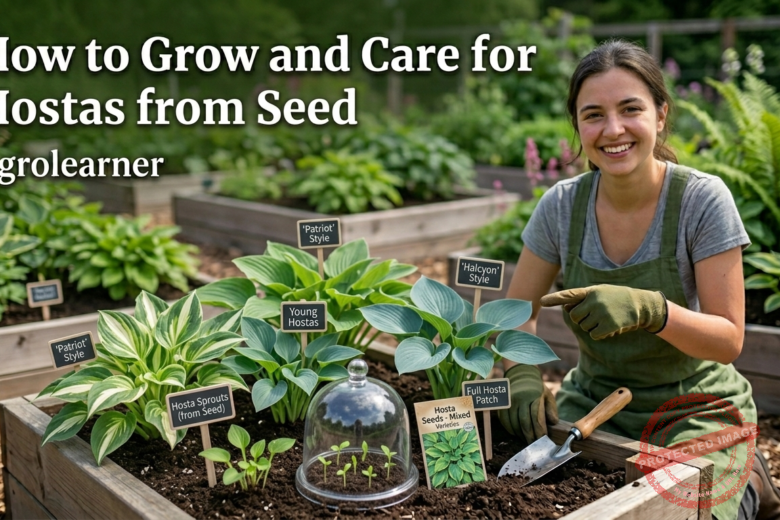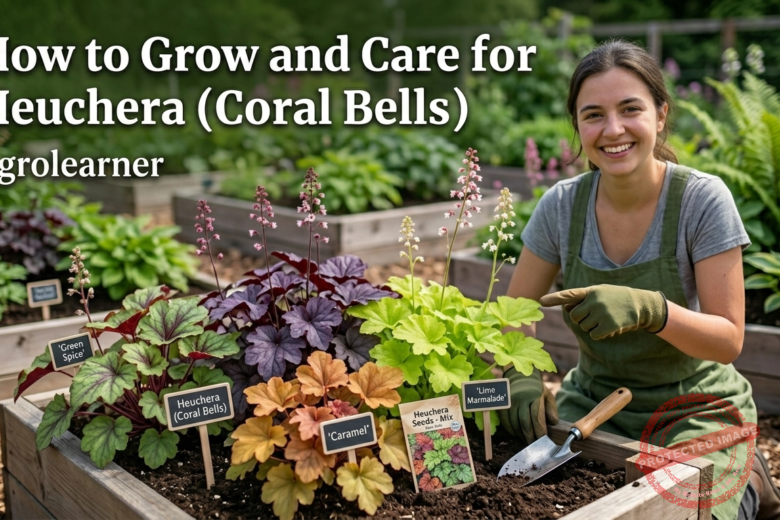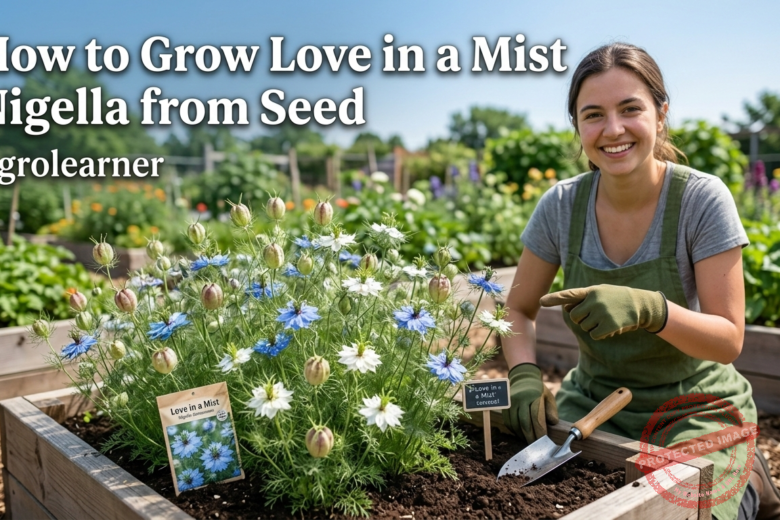Rosemary (Rosmarinus officinalis) is a popular herb known for its aromatic foliage and culinary uses. Native to the Mediterranean region, this evergreen shrub is a staple in herb gardens due to its versatility and hardiness. Rosemary thrives in well-drained soil and sunny locations, making it a perfect addition to any garden. However, to maximize the growth and health of your rosemary plants, companion planting is an essential practice.
Companion planting involves growing different plants together to benefit one or both of them. This ancient gardening technique can improve soil health, deter pests, attract beneficial insects, and enhance the overall growth of your plants. When it comes to rosemary, choosing the right companions can significantly boost its growth and flavor, while also providing mutual benefits to the surrounding plants.
In this comprehensive guide, we will explore the best companion plants for rosemary, how they benefit each other, and tips for successfully implementing companion planting in your garden. Whether you are a seasoned gardener or a beginner, this guide will provide valuable insights to help you create a thriving and harmonious herb garden. Let’s delve into the world of rosemary companion planting and discover how you can optimize your garden’s productivity and health.
Benefits of Companion Planting with Rosemary
Improved Pest Control
One of the primary benefits of companion planting with rosemary is enhanced pest control. Rosemary’s strong aroma can repel various pests such as cabbage moths, carrot flies, and bean beetles. By strategically placing rosemary near vulnerable plants, you can reduce the need for chemical pesticides and create a more organic garden environment. For instance, planting rosemary near cabbage or carrots can protect these vegetables from their common pests, resulting in healthier crops.
Enhanced Growth and Flavor
Certain plants can improve the growth and flavor of rosemary when grown nearby. For example, rosemary benefits from being planted near thyme, sage, and oregano. These herbs share similar growing requirements and can create a microclimate that promotes better growth conditions for all. Additionally, the aromatic oils released by these herbs can enhance the flavor profile of rosemary, making it more robust and flavorful for culinary uses.
Attracting Beneficial Insects
Rosemary’s flowers attract a variety of beneficial insects, including bees, butterflies, and predatory wasps. These insects play a crucial role in pollination and natural pest control. By planting rosemary alongside flowers like marigolds, lavender, and nasturtiums, you can create an inviting environment for these beneficial insects, ensuring better pollination rates and a balanced ecosystem in your garden.
Soil Health and Nutrient Sharing
Companion planting can also improve soil health and nutrient availability. Deep-rooted plants like rosemary can bring up nutrients from deeper soil layers, making them accessible to shallow-rooted companions. Conversely, nitrogen-fixing plants such as beans and peas can enrich the soil with nitrogen, benefiting rosemary and other neighboring plants. This symbiotic relationship helps maintain soil fertility and reduces the need for synthetic fertilizers.
Best Companion Plants for Rosemary
Thyme (Thymus vulgaris)
Thyme is an excellent companion for rosemary due to its similar growing requirements and complementary benefits. Both herbs thrive in well-drained soil and full sun, making them ideal partners in a herb garden. Thyme’s low-growing habit can help suppress weeds around the base of rosemary, reducing competition for nutrients and water.
Benefits:
- Pest Control: Thyme’s strong aroma can deter cabbage moths and other pests, providing additional protection for rosemary.
- Enhanced Growth: The two herbs create a microclimate that promotes better growth conditions for both plants.
- Weed Suppression: Thyme’s ground-covering nature helps keep weeds at bay.
Sage (Salvia officinalis)
Sage is another herb that pairs well with rosemary. Like thyme, sage has similar soil and light requirements, making them compatible companions. Sage’s aromatic oils can also repel pests such as cabbage moths and carrot flies, providing mutual protection for both plants.
Benefits:
- Pest Control: Sage’s aroma deters common garden pests, protecting both sage and rosemary.
- Growth Enhancement: The proximity of sage can enhance the flavor and growth of rosemary.
- Aesthetic Appeal: Both herbs have attractive foliage and flowers, adding visual interest to your garden.
Lavender (Lavandula spp.)
Lavender and rosemary make a fragrant and visually appealing combination. Both plants thrive in similar conditions and can benefit from each other’s presence. Lavender’s flowers attract pollinators and beneficial insects, which can help improve the overall health and productivity of your garden.
Benefits:
- Pollinator Attraction: Lavender’s flowers attract bees and butterflies, aiding in the pollination of nearby plants.
- Pest Deterrent: Lavender’s scent repels pests like moths and aphids.
- Aesthetic Harmony: The purple blooms of lavender complement the green foliage of rosemary, creating a beautiful garden display.
Beans (Phaseolus spp.)
Beans are excellent nitrogen-fixing plants that can enrich the soil and benefit rosemary. By planting beans near rosemary, you can improve soil fertility and provide essential nutrients for better growth. Beans also have a climbing habit that can provide shade and support for rosemary plants in hotter climates.
Benefits:
- Soil Enrichment: Beans fix nitrogen in the soil, benefiting rosemary and other neighboring plants.
- Shade and Support: Climbing beans can provide shade and physical support for rosemary.
- Increased Productivity: The improved soil fertility can enhance the growth and yield of both plants.
Carrots (Daucus carota)
Carrots and rosemary make a beneficial pairing in the garden. Rosemary’s strong scent can help repel carrot flies, a common pest that affects carrots. Additionally, carrots’ deep root system can help break up compacted soil, improving drainage and aeration for rosemary.
Benefits:
- Pest Repellent: Rosemary’s aroma deters carrot flies, protecting carrot crops.
- Improved Soil Structure: Carrots’ deep roots improve soil aeration and drainage.
- Space Efficiency: Both plants have different growth habits, allowing for efficient use of garden space.
Other Areas that Relate to This Topic
Rosemary and Vegetable Gardens
Integrating rosemary into vegetable gardens can offer multiple benefits beyond pest control. For example, rosemary’s aromatic foliage can enhance the flavors of certain vegetables when grown nearby. Tomatoes, peppers, and eggplants are particularly good companions for rosemary. These vegetables share similar soil and light requirements and can benefit from the improved pollination and pest control provided by rosemary.
Benefits:
- Enhanced Flavor: Rosemary can improve the flavor of tomatoes, peppers, and eggplants.
- Pest Control: The strong aroma of rosemary deters pests that commonly affect these vegetables.
- Improved Pollination: Rosemary’s flowers attract pollinators, boosting the yield of nearby vegetables.
Companion Planting Strategies
To maximize the benefits of companion planting with rosemary, it’s important to employ effective strategies. Consider the following tips for successful companion planting:
- Diverse Planting: Incorporate a variety of companion plants to create a balanced ecosystem and prevent pest infestations.
- Spacing and Layout: Ensure proper spacing between plants to avoid competition for resources and promote healthy growth.
- Seasonal Rotation: Rotate companion plants each season to maintain soil health and reduce the risk of disease.
Common Mistakes to Avoid
While companion planting offers numerous benefits, certain mistakes can hinder its success. Avoid these common pitfalls to ensure your rosemary and its companions thrive:
- Overcrowding: Planting too closely can lead to competition for nutrients, water, and light. Maintain adequate spacing between plants.
- Incompatible Plants: Some plants may have conflicting requirements or attract pests that can harm rosemary. Research compatibility before planting.
- Neglecting Soil Health: Healthy soil is crucial for successful companion planting. Regularly amend the soil with compost and organic matter to maintain fertility.
Organic Gardening with Rosemary
Companion planting is a cornerstone of organic gardening practices. By choosing natural pest control methods and promoting biodiversity, you can create a sustainable and resilient garden. Rosemary’s pest-repellent properties make it a valuable addition to organic gardens, reducing the need for synthetic pesticides. Additionally, the improved soil health and nutrient cycling provided by companion planting contribute to a more sustainable gardening approach.
Conclusion
Companion planting with rosemary offers a wealth of benefits for your garden. From improved pest control and enhanced growth to attracting beneficial insects and enriching the soil, the right companion plants can significantly boost the health and productivity of your garden. By incorporating herbs like thyme, sage, and lavender, along with nitrogen-fixing plants like beans and deep-rooted vegetables like carrots, you can create a harmonious and thriving garden ecosystem.
To achieve the best results, remember to employ effective companion planting strategies, avoid common mistakes, and maintain healthy soil. Whether you are growing a dedicated herb garden or integrating rosemary into a vegetable plot, companion planting can help you achieve a more sustainable and bountiful garden.
As you embark on your companion planting journey, keep in mind the specific needs and benefits of each plant. With careful planning and attention to detail, you can create a garden that not only looks beautiful but also supports the health and well-being of all its inhabitants.
FAQs
1. What is companion planting, and why is it beneficial for rosemary?
Companion planting involves growing different plants together to benefit one or both of them. For rosemary, it can improve growth, flavor, and pest control by strategically placing it with plants that complement its needs and repel pests.
2. What are the best companion plants for rosemary?
The best companion plants for rosemary include thyme, sage, lavender, beans, and carrots. These plants share similar growing conditions and can enhance rosemary’s growth and flavor while providing pest control and other benefits.
3. Can rosemary help repel pests in my garden?
Yes, rosemary’s strong aroma can repel various pests such as cabbage moths, carrot flies, and bean beetles. Planting rosemary near vulnerable crops can reduce the need for chemical pesticides.
4. How does companion planting with thyme benefit rosemary?
Thyme benefits rosemary by sharing similar growing requirements and creating a microclimate that promotes better growth. Thyme’s low-growing habit also helps suppress weeds around rosemary.
5. Why is lavender a good companion plant for rosemary?
Lavender is a good companion because it attracts beneficial insects like bees and butterflies, which aid in pollination. Lavender’s scent also helps repel pests, and its flowers add visual appeal to the garden.
6. How do beans improve soil fertility for rosemary?
Beans are nitrogen-fixing plants that enrich the soil with nitrogen, an essential nutrient for plant growth. This helps improve the soil fertility around rosemary, promoting better growth.
7. Can I plant rosemary with vegetables?
Yes, rosemary can be planted with vegetables like tomatoes, peppers, and eggplants. These vegetables benefit from rosemary’s pest control properties and improved pollination, resulting in healthier crops.
8. What should I avoid when companion planting with rosemary?
Avoid overcrowding plants, as this can lead to competition for nutrients, water, and light. Also, research plant compatibility to prevent growing incompatible plants that might attract pests or have conflicting needs.
9. How can companion planting with rosemary contribute to organic gardening?
Companion planting with rosemary reduces the need for synthetic pesticides by naturally repelling pests. It promotes biodiversity and healthy soil, contributing to a more sustainable and organic gardening approach.
10. What are common mistakes to avoid in companion planting?
Common mistakes include overcrowding plants, planting incompatible species, and neglecting soil health. Ensure proper spacing, research plant compatibility, and regularly amend soil with organic matter for the best results.



